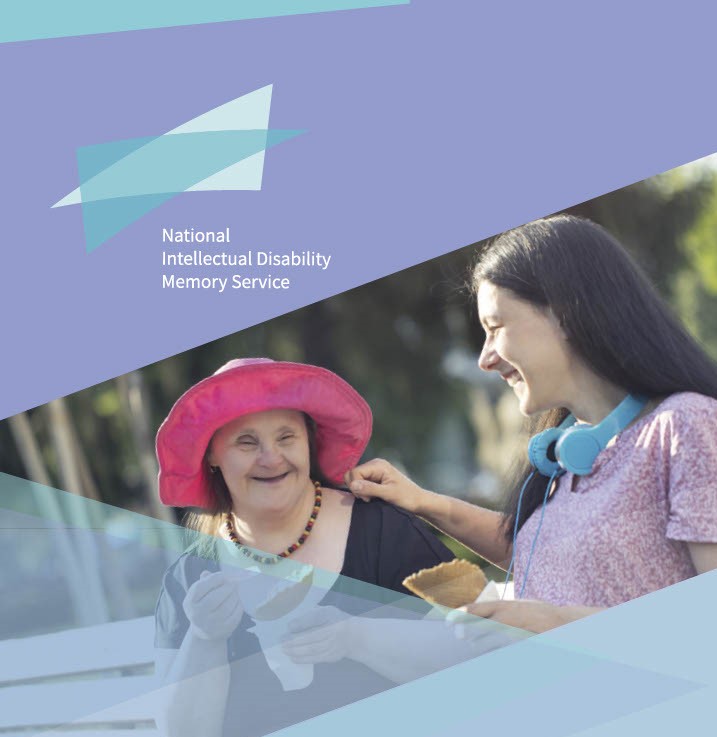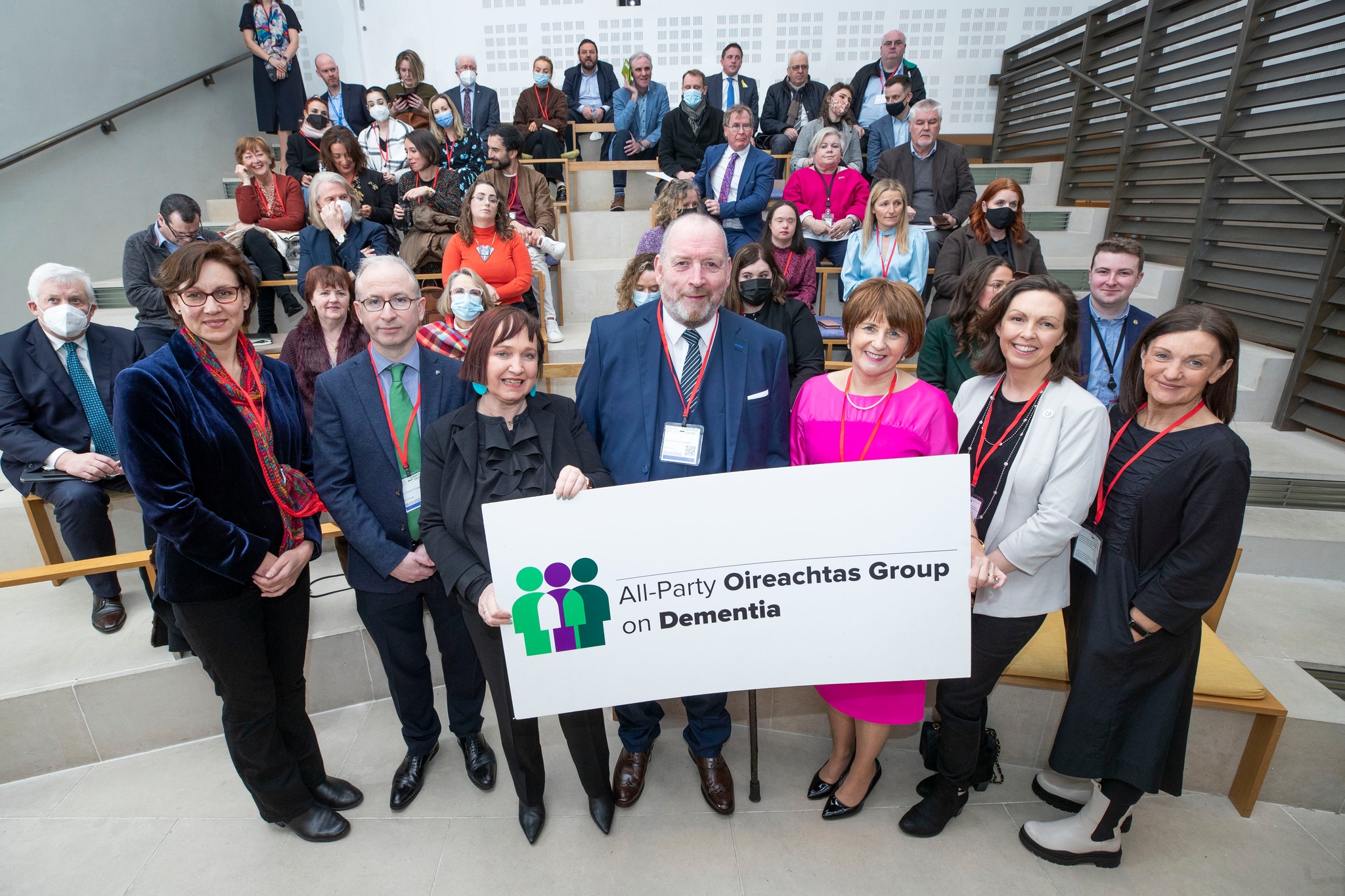For information on referral please see here: How to Refer a Patient, Central Referrals Office. No referrals should be sent TCAID.
The National Intellectual Disability Memory Service
Home
Welcome
The National Intellectual Disability Memory Service is a centre of excellence in proactive dementia assessment and diagnosis for people with an intellectual disability (ID), particularly supporting people with Down syndrome given their increased genetic risk for dementia.
What does the service offer?
The National Intellectual Disability Memory Service can provide:
- Support to people who are worried about memory loss problems and clarification about memory symptoms
- Baseline screening for people with Down syndrome
- Diagnosis, including differential diagnosis
- Information on good brain health along with ways to improve and maintain it
- Post diagnostic support including information and training/education on living well with dementia
- Access to and enrolment in research studies
While the service is free, a referral from your doctor is required to access the service.
News and Events
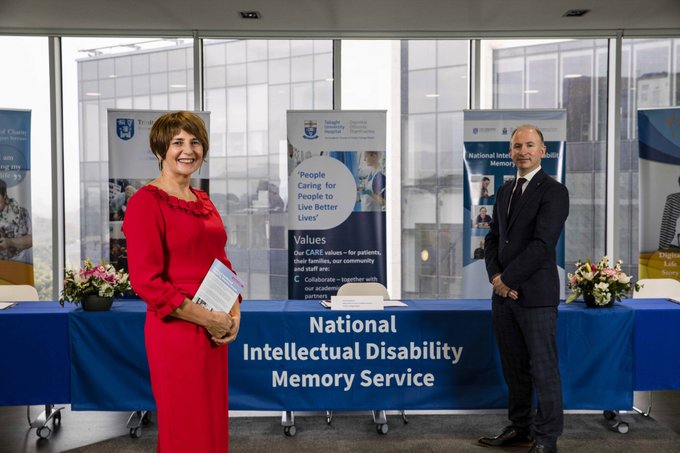
The National Intellectual Disability Memory Service secures long term funding
Transforming services for people ageing with an intellectual disability, the new Memory Service is a fusing of the expertise at the specialist regional memory service in Tallaght University Hospital, with the extensive knowledge on dementia in people with intellectual disability at the Trinity Centre for Ageing & Intellectual Disability and with the expertise of a well-established dementia specific service and memory clinic for people with ID at AVISTA (previously known as the Daughters of Charity).
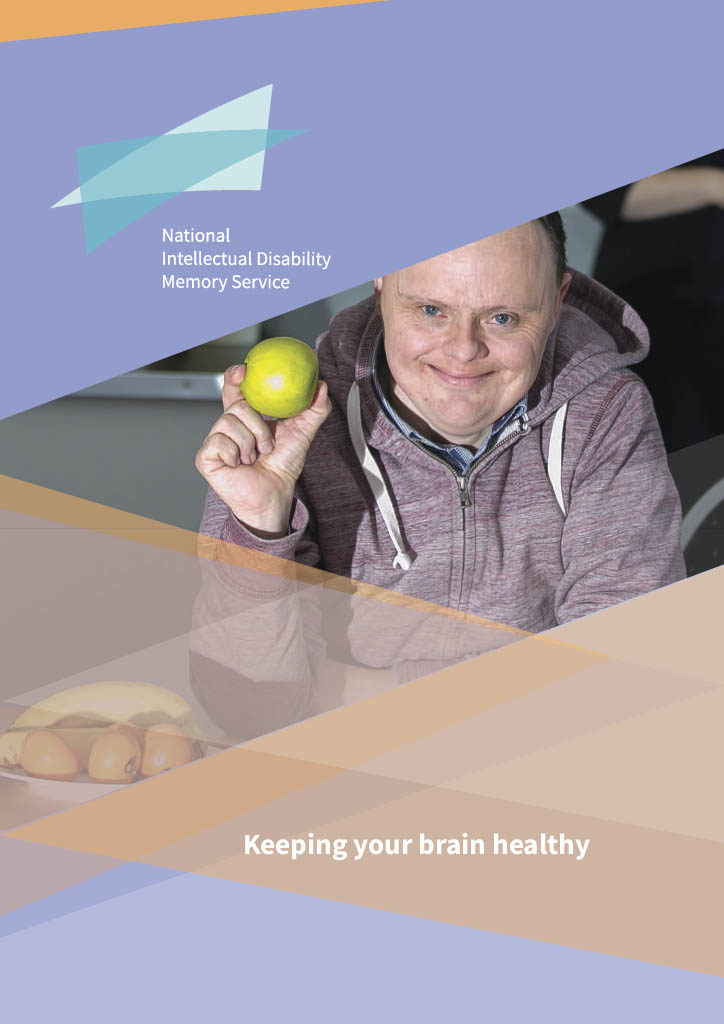
World Down Syndrome Day 2022
For World Down Syndrome Day take time to focus on #brainhealth and read about our top tips on how to improve and maintain your brain health. Brain health is so important in terms of dementia

Brain Health and Dementia: Seanad Eireann Debate
Prof Mary McCarron, Executive Director and Prof Sean Kennelly, Clinical Director of the National Intellectual Disability Memory Service were acknowledged for the significant work they have done around brain health and dementia at a Seanad Eireann Debate on 9th March 2022. Minister Butler stated that Professor Mary McCarron is just the most amazing advocate in this area. She always talks about people with Downs syndrome. There are about 700 people with Downs syndrome and dementia in Ireland who are living at home with ageing parents. I am very conscious of that, especially when it comes to funding. We made a small breakthrough this year but I hope to make a more significant breakthrough for 2023. For these ageing parents, their only worry is what will happen to their son or daughter if they pass away. It is a very complex issue. To read more statements from this Seanad debate click here
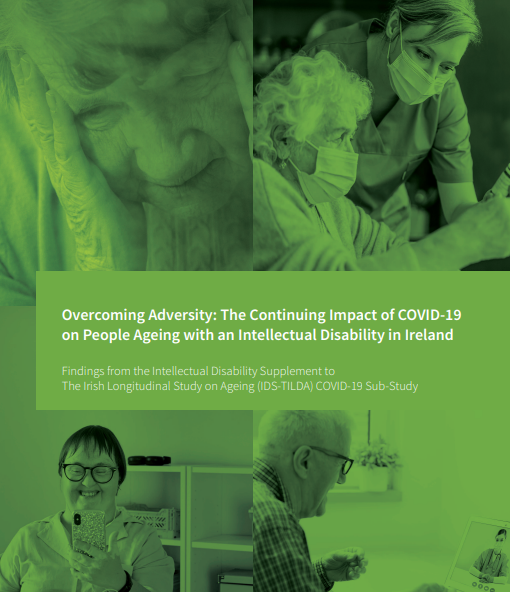
Overcoming Adversity: The Continuing Impact of COVID-19 on People Ageing with an Intellectual Disability in Ireland
Findings from the Intellectual Disability Supplement to The Irish Longitudinal Study on Ageing (IDS-TILDA) COVID-19 Sub-Study. The occurrence of COVID-19 has had an immediate effect on people with intellectual disabilities and is likely to be of influence in their ageing going forward; therefore, it has been important that IDSTILDA collect and present data on the experience of COVID-19 by people with intellectual disabilities. The critical health data collected has informed and will continue to inform decision making and needed public health responses.


